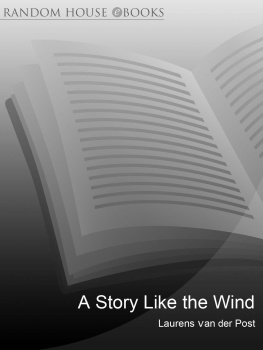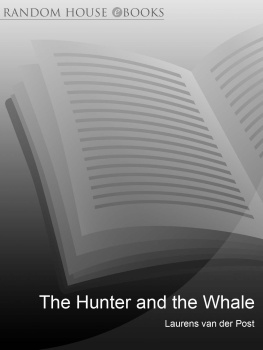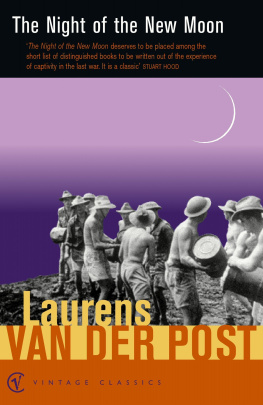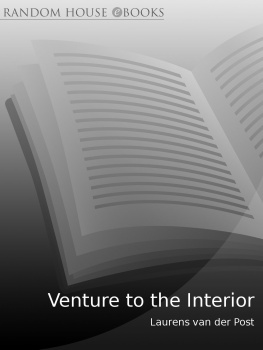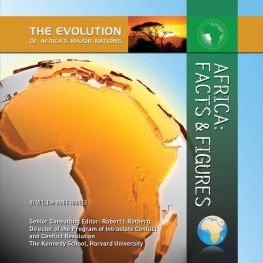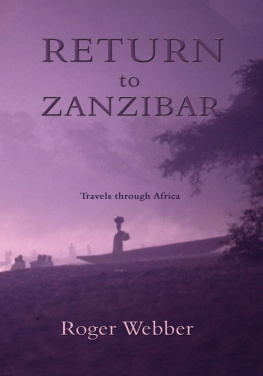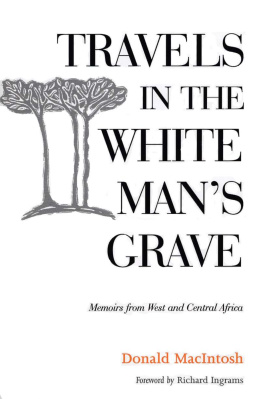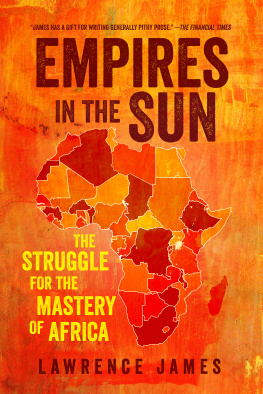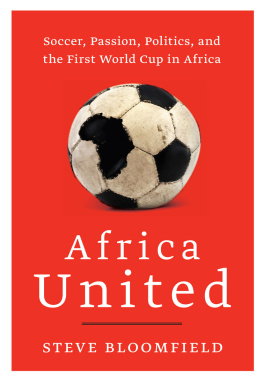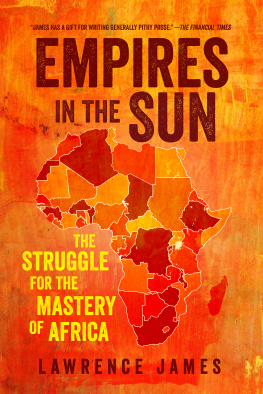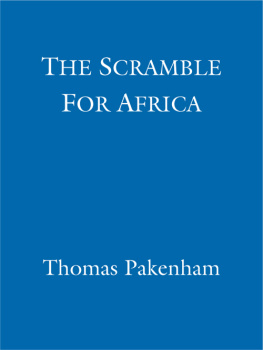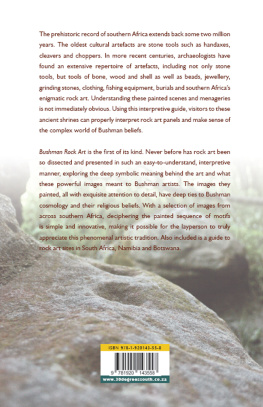CONTENTS
About the Author
Laurens van der Post was born in South Africa in 1906, the thirteenth of fifteen children in a family of Dutch and French Huguenot origins. Most of his adult life was spent with one foot in Africa and one in England. His professions of writer and farmer were interrupted by ten years of soldiering in the British Army, serving with distinction in the Western Desert, Abyssinia, Burma and the Far East. Taken prisoner by the Japanese, he was held in captivity for three years before returning to active service as a member of Lord Mountbattens staff in Indonesia and, later, as Military Attach to the British Minister in Java.
After 1949 he undertook several official missions exploring little-known parts of Africa, and his journey in search of the Bushmen in 1957 formed the basis of his famous documentary film and book The Lost World of the Kalahari. Other television films include All Africa Within Us and The Story of Carl Gustav Jung, whom he met after the war and grew to know as a personal friend. In 1934 he wrote In a Province, the first book by a South African to expose the horrors of racism. Other books include Venture to the Interior (1952), The Heart of the Hunter (1961), and A Walk with a White Bushman (1986). The Seed and the Sower was made into a film under the title Merry Christmas, Mr Lawrence, and, more recently, A Story Like the Wind and A Far-Off Place were combined and made into the film A Far-Off Place.
Sir Laurens van der Post was awarded the CBE in 1947 and received his knighthood in 1981. He died in 1996.
Also by Laurens van der Post
IN A PROVINCE
VENTURE TO THE INTERIOR
THE FACE BESIDE THE FIRE
A BAR OF SHADOW
FLAMINGO FEATHER
THE DARK EYE IN AFRICA
THE LOST WORLD OF THE KALAHARI
THE HEART OF THE HUNTER
THE SEED AND THE SOWER
JOURNEY INTO RUSSIA
THE HUNTER AND THE WHALE
THE NIGHT OF THE NEW MOON
A FAR-OFF PLACE
A MANTIS CAROL
JUNG AND THE STORY OF OUR TIME
FIRST CATCH YOUR ELAND
YET BEING SOMEONE OTHER
With photographs by Burt Glinn
A PORTRAIT OF JAPAN
A PORTRAIT OF ALL THE RUSSIAS
For
Emma-Clare Crichton-Miller
and Rupert van der Post; David
James Laurens Crichton-Miller and
Rebecca van der Post, in order to
redeem a promise made to them far
too long ago.
As well as to my wife, Ingaret Giffard
for keeping me up to it.
A Story Like the Wind
Laurens van der Post
The story, the Bushman prisoner said, is like the wind. It comes from a far-off place and we feel it.

TESTAMENT
Thou knowest that I sit waiting for the moon to turn back, that I may listen to all the peoples stories... For I am herein a great cityI do not obtain stories... I do merely listen, watching for a story which I want to hear; that it may float into my ear... I will go to sit at my home that I may listen, turn my ears backwards to the heels of my feet on which I wait, so that I can feel that a story is in the wind.
Introduction
I BEGIN WITH the extract from a statement made by a Bushman convict a hundred years ago, which appears as my Testament on the previous page because it shows that he was sick even more for stories than for home or people. One of a doomed fragment of the first people of Africa, he had been sentenced to work on the breakwater in Table Bay which, at that time in the Cape of Good Hope, was considered the heaviest punishment for crime, short of death. He had been sentenced thus because when hungry he had taken a sheep from the flock of a man of a race who had stolen all his own peoples great land.
The statement from which this extract is taken is for me one of the most tragic and significant utterances to come out of my native country, but I have given only this much because it is enough to show, as nothing else I have encountered in the literature of the world, how the living spirit needs the story for its survival and renewal. It was this universal consideration which made me take up the story that follows. But I had another reason, as urgent to me personally, for writing it.
Men have written a great deal about the history of Africa: the horror of the past, the racial, social and economic problems; the dirt, the dust, the heat, the fever, the mosquitoes and many other painful and enigmatic aspects of the land. But no one, as far as I know, has ever recorded the aspect of Africa with which this story is concerned. It is an aspect which cannot be rendered by any purely rational means or any merely documentary or factual processes. However imaginatively written, it cannot even be rendered just as history. It can only be done in the way in which Africa itself excelled and transmitted it from unrecorded time to the present day through stories, myths and legends. They alone can reflect what I can only describe as the magic which life in primitive Africa seems to me to have possessed before we arrived from Europe to spoil it.
I was lucky enough to be born just in time to experience some of this ancient Merlinesque world of Africa. I was so close to it as a boy that all I had to do was sit and listen for the heroic dead and their magical age to live again on lips of living men who had experienced and even made it. As a result, all the fairy-tale characters of my childhood were not the pale faces of the breed to which I and my family belonged but the yellow, copper-coloured and black indigenous peoples of the land. They were so for all members of my family. I was one of fifteen children. When the few of us who are left alive of what was once a large pioneering family meet and recall our relationships with the despised coloured peoples of our childhood, I am struck how warm our voices become, how lively the conversation and quick the imagination.
For example, we had a man, half Bushman, half Hottentot, who worked for us and first came to us as a boy, already dismissively named Vet-Kop (Fat-head), since his first employers, when they took him away, did not think it necessary to ask him what his parents called him. The amputation from his own society was so brutal that he himself lost all memory of his original name.
He was always in and out of our local gaol for minor offences against a one-sided code of law and always came straight back to us. There would have been a mutiny in the army of children in my home had my parents turned him away. Fortunately, they loved him as we did and he had an influence on my imagination that no minister of the Dutch Reformed Church could equal. To this day I grieve that he is not alive in this grey moment of time to colour it for me as he coloured my childhood with his rainbow spirit.
The truth is that children like ourselves were lucky enough to be in touch with this past through such people as Fat-head, before the slanted Calvinist spirit of our society could convert us into sour creatures of disapproval and acid judgement. We were therefore wide open to the wonder of Africa. As a result, this flow of a primitive world into my imagination was so rich that even I have been surprised by its wealth. I constantly turn to it again and again as a person might on a cold winters night to a fire for warmth. The older I have become, the greater has grown my awareness of the debt I owe to this fast vanishing world of Africa and the greater my conviction that somehow it must be recorded, so that it should always be there to help thaw the frozen imagination of our civilised systems so that some sort of spring can come again to the minds of men.
Next page
